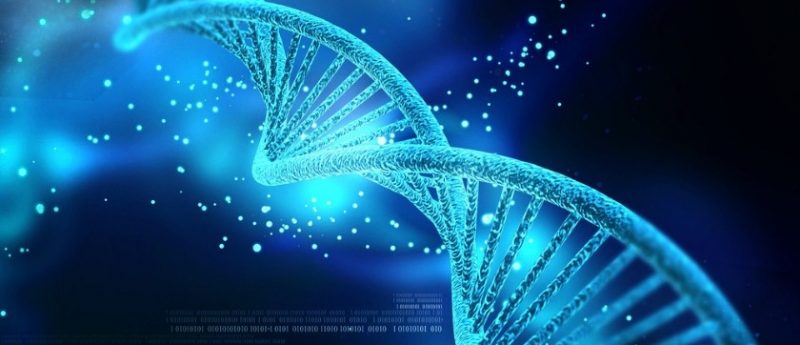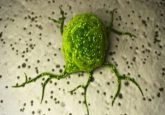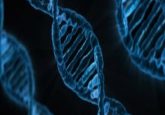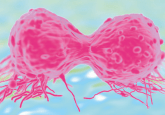Taking the guesswork out of renal cancer treatment decisions

Investigators from the Institute of Bioengineering and Nanotechnology (IBN), Singapore General Hospital and National Cancer Center Singapore have co-developed the first molecular testing kit able to predict treatment and survival outcomes in kidney cancer patients.
IBN Executive Director Jackie Y Ying explained: “By combining our expertise in molecular diagnostics and cancer research, we have developed the first genetic test to help doctors prescribe the appropriate treatment for kidney cancer patients based on their tumor profile.”
This study, published in European Urology, was conducted retrospectively using tissue samples collected from approximately 280 clear cell renal cell carcinoma patients who underwent surgery at the hospital between 1999 and 2012.
Extensive molecular characterization of these samples was carried out with the aim of discovering a reliable biomarker able to improve prognostic prediction and identity patients who would likely benefit from a particular type of treatment. To carry out this analysis, the team designed a practical assay for studying/diagnosing real-world tumor samples from patients. The assay was able to distinguish patients into groups of different survival and treatment outcomes.
This is one of the first assays capable of predicting outcomes of antiangiogenic therapy, a key goal for the development of cancer therapy. Annual revenues from antiangiogenic drugs are estimated at several billion dollars, however, these expensive drugs are associated with a plethora of side effects, influenced by genetic variation between patients. Much investment has been made in the field with the aim of identifying new tools and biomarkers for the prediction of personalized outcomes with these therapies.
IBN Team Leader Min-Han Tan summarized the importance of this work stating: “Our diagnostic assay successfully classified clear cell renal cell carcinoma into groups correlating to different survival and treatment outcomes. This allows patients and doctors to make more educated choices in their treatment options. In addition, the development of such assays in Singapore demonstrates the highest levels of research, care and expertise that are available to our patients here”
Sources: Choudhury Y, Wei X, Chu YH et al. A Multigene Assay Identifying Distinct Prognostic Subtypes of Clear Cell Renal Cell Carcinoma with Differential Response to Tyrosine Kinase Inhibition, European Urol. doi: 10.1016/j.eururo.2014.06.041 (2014) [Epub ahead of print]; Agency for Science, Technology and Research, Singapore Press Release




